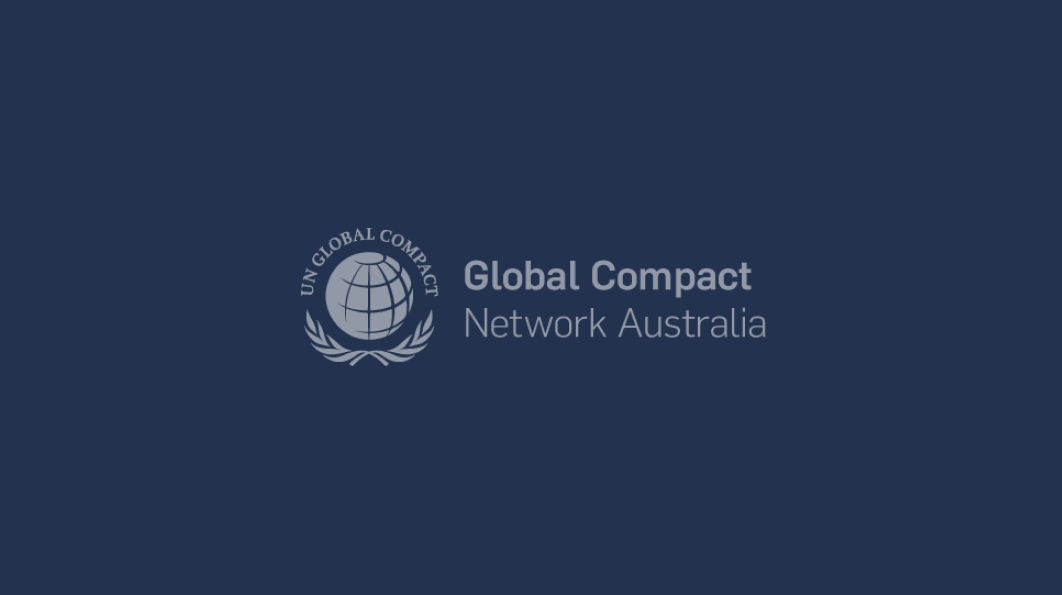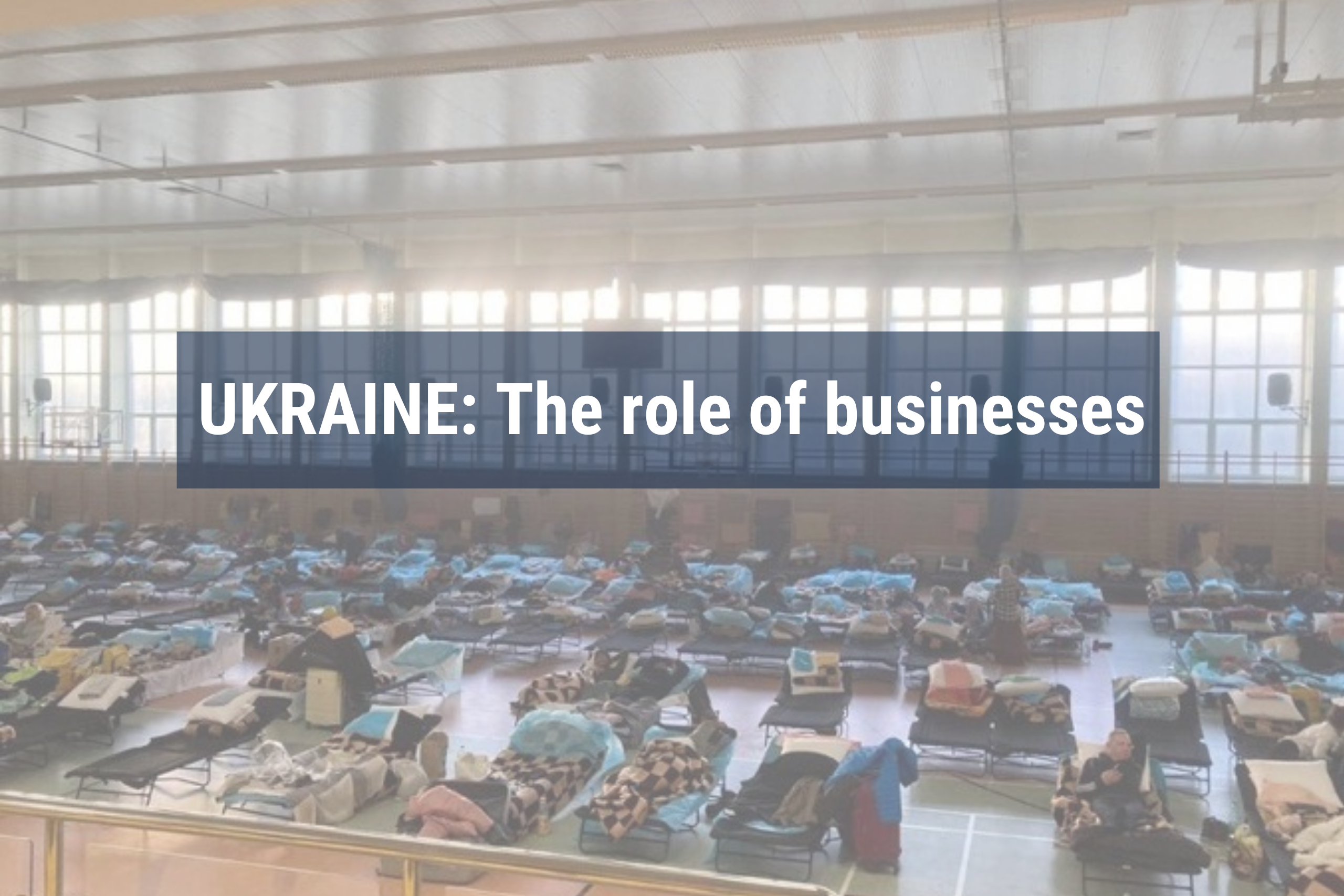
Business & Human Rights, Media
Business community uniting to tackle modern slavery
UN Global Compact Network Australia | May 29, 2018
(Melbourne, 29 May 2018) Today, the Global Compact Network Australia (GCNA)’s Human Rights Leadership Group is launching a modern slavery Community of Practice. The Community of Practice will enable business members of the GCNA, from across different sectors, to work together to respond to modern slavery risks and prepare for impending federal mandatory modern slavery reporting legislation.
This launch session, hosted by Rio Tinto, will focus on targeted consultations with Government on an Exposure Draft of the proposed Modern Slavery Reporting Requirement. The Government announced key details of the reporting requirement on 10 May 2018.
Modern slavery in its many forms – human trafficking, forced labour and debt bondage among others – continues to affect millions around the world, with some estimates putting the number at around 45.8 million[1]. Globally, 66.4% of modern slaves are from the Asia-Pacific region, including in Australia and Australian supply chains[2]. The complexity of corporate supply chains means that very few companies can say with certainty that they have no modern slavery in their supply chains. Australian companies are increasingly recognising that they need to know and show that they are managing modern slavery risks.
Federal legislation expected to be passed in the next Parliamentary session will require certain Australian entities to report on these risks and how they are preventing and addressing them. The GCNA has identified a desire amongst members to come together to share challenges, learning and best practice.
Cate Harris, Acting Executive Director, GCNA said “Whilst leading Australian businesses are already implementing policies, identifying impacts and engaging suppliers with respect to modern slavery and other human rights risks, the impending legislation will expedite the need for business response and preparedness.”
Ms Harris went on to say that “With an issue as insidious as modern slavery, we know that collaborative efforts will be more successful than siloed approaches and that there is tremendous benefit in sharing cross-sectoral perspectives and experiences, which is why we have launched a modern slavery Community of Practice, to help facilitate our business members doing just that.”
Vanessa Zimmerman, Chair of the GCNA’s Human Rights Leadership Group for Business and the new Community of Practice said, “Modern slavery is amongst one of the most severe human rights risks that companies can face. With increasing scrutiny from investors, financiers, governments, customers and civil society, Australian businesses will need to be able to show that they are managing these risks across their value chains. This is no easy task and the Human Rights Leadership Group is proud to have established a forum for Australian business to learn from each other as well as drive better practice in modern slavery, including through our suppliers, has legal, reputational and operational implications.”
Rio Tinto, which has supported the introduction of an Australian modern slavery reporting requirement, hosted the first meeting of the Community of Practice, and its Managing Director of Australia, Joanne Farrell highlighted the benefit to business of coming together to discuss common challenges and opportunities in this area: “Rio Tinto is aware that no one business has all of the answers when it comes to managing risks relating to modern slavery. It is important for businesses to have open conversations about what works and doesn’t work in both managing risks on the ground and reporting on them.”
The Minister responsible for the Commonwealth’s response to modern slavery, the Hon Alex Hawke MP, welcomed the establishment of the Community of Practice. “Collaboration and sharing best practice between businesses is critical to combating modern slavery. I am pleased the Global Compact Network Australia is supporting Australian businesses to lead the way in the fight against modern slavery.”
About the GCNA’s Human Rights Leadership Group
Over the past decade, an increasing focus has been given to the impacts of business – both positive and negative – on human rights. The GCNA’s Human Rights Leadership Group for Business (HRLG) was launched in 2010 to provide an informal forum for joint learning and best practice sharing, aimed at building the capacity of Australian businesses to understand and manage their human rights-related challenges and opportunities.
The HRLG draws on the skills and knowledge of expert advisors, Government and business stakeholders to deliver forums and workshops that provide practical learning opportunities, and keep participants up-to-date on key domestic and international developments in the business and human rights space.
About the GCNA Modern Slavery Community of Practice
The purpose is two-fold:
- To bring participating GCNA members together to discuss the most pressing challenges and obstacles facing Australian business with respect to managing and communicating modern slavery risks and implementing the impending new legislation; and
- To identify good practice measures that will enable them and other Australian-based organisations to manage modern slavery risks and effectively implement the impending legislative agenda.
[1] 2016 Global Slavery Index, Walk Free Foundation (http://www.globalslaveryindex.org/findings/)
[2] 2016 Global Slavery Index, Walk Free Foundation (http://www.globalslaveryindex.org/findings/)

